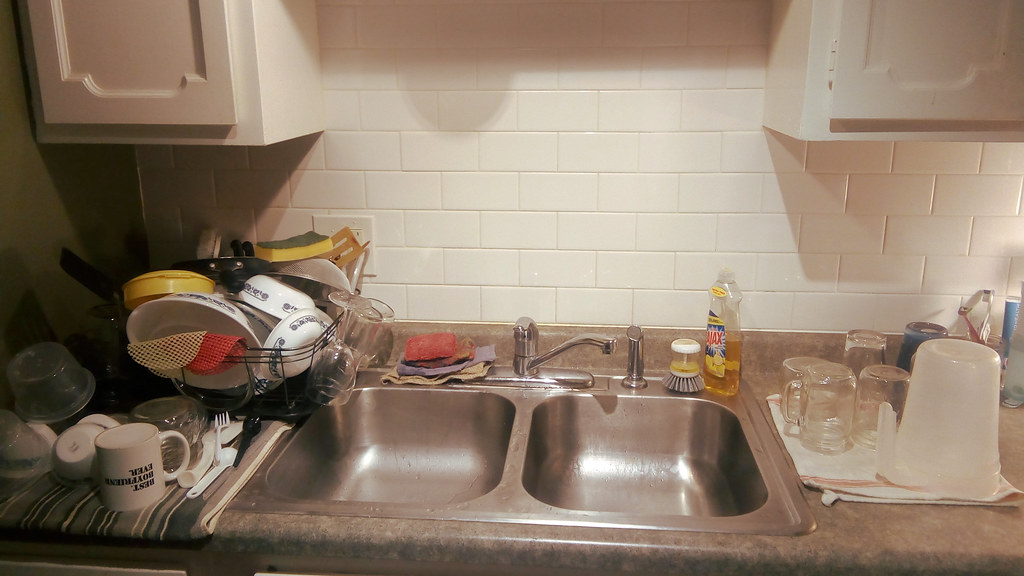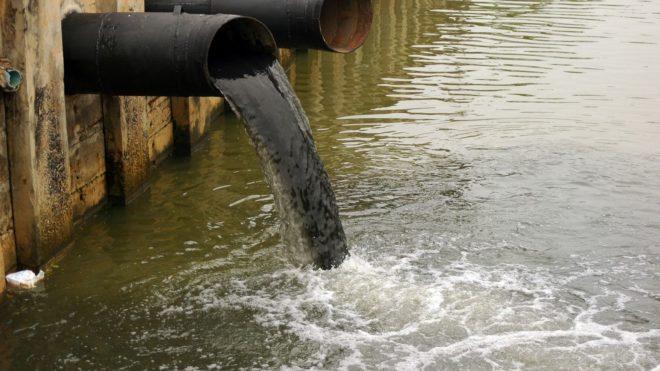Water is possibly the most important resource to man. It is integral to so many of our activities. After use, the water is contaminated and not readily usable in many cases. The wastewater produced from different processes is not contaminated to the same extent. Hence the different classifications of wastewater. Blackwater and greywater.
What is greywater?
Greywater, also called sullage, is wastewater from households or office buildings from streams without fecal contamination. All streams except for the wastewater from toilets. Sources of grey water include sinks, showers, baths, washing machines or dishwashers.

What is blackwater?
Blackwater is wastewater that contains feces, urine, water and toilet paper from flush toilets. The pathogens present in blackwater also distinguish it from greywater.

Why the distinction.
Though both may be wastewater the level of contamination is different, requiring different treatment.
Greywater is less contaminated than blackwater meaning treatment is simpler. Provided the greywater does not contain harmful chemicals such as soap and detergents it can be recycled for irrigation and other domestic uses. Organic matter from kitchens may provide an added bonus to plant life if used for irrigation.
Blackwater is more contaminated, meaning it requires more thorough treatment before it is fit for any other use.
Treatment processes such as extended aeration may be used to treat the blackwater to produce clean effluent. Chlorine may be added to the effluent to kill any pathogens present in the effluent.
The scale of the treatment plant based on the size of the facility it is servicing and the population. There are home sewage treatment plants (also domestic wastewater treatment plants) or commercial wastewater treatment systems.

These systems treat both black and greywater together giving clean effluent that can be used for irrigation and general cleaning. The effluent produced is also fit for dumping in the local drainage after certification by National Environmental Management Authority (NEMA)
Conclusion
Blackwater and greywater should be stored and treated separately, where possible, to be more energy efficient. Households and offices that actively reuse greywater have the added benefit of reduced cost associated with water while also being environmentally conscious.




